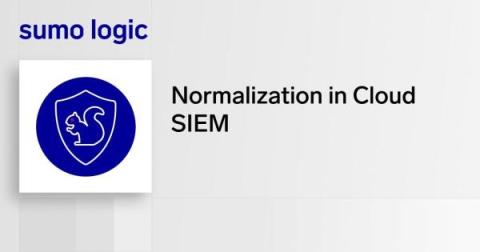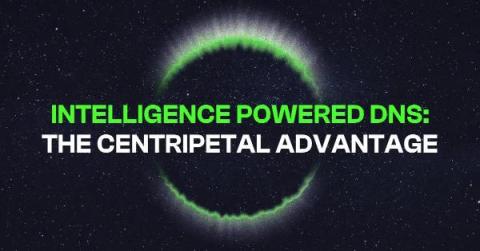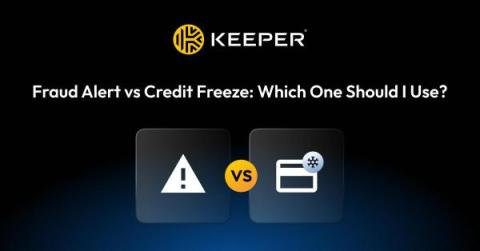What's going on? The power of normalization in Cloud SIEM
Many of us in the information security sphere have sat in front of a console and furiously executed various queries while either mumbling internally or externally, with varying levels of stress and frustration: what is going on? When investigating a particular system, an odd event, or a declared incident, we are all attempting to answer this question in one way or another. Detections, documented threat hunts and security operations procedures do not manifest out of thin air.










